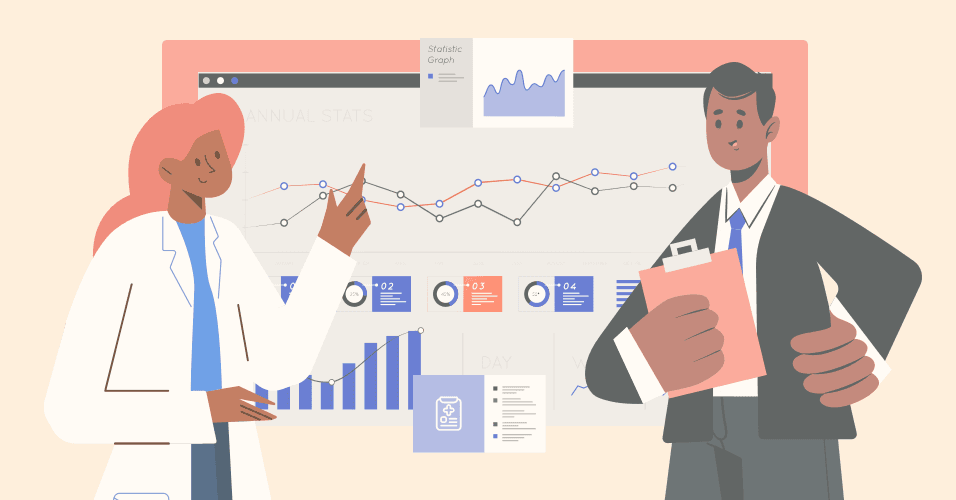
Importance of EHR Upgrades
As technology evolves, it is important for healthcare organizations to keep up with the latest trends in order …

It’s hard to imagine looking for the bright side of Covid-19 as we continue to adjust our lifestyles to reduce the spread of this virus. However, it’s worth considering how the unique variables of this unprecedented time may impact our future in unexpected ways. The embracing of virtual communication in light of social distancing and stay at home orders has brought unexpected demographics “online,” often for the first time ever. Elderly couples have learned the ins-and-outs of Zoom to stay in touch with grandchildren, resettled refugees are tapping into the internet at home for the first time ever, and many are finding innovative ways to run their business and teams without being in the same room. The benefit of all of this to the future of healthcare IT is an openness to digital learning for EHR training, as an example. Digital learning offers a myriad of opportunities to health systems to more efficiently deliver training to a wide audience of clinical staff, and in the wake of a global pandemic, this method of adult learning for healthcare will likely be the primary method for the foreseeable future.
When the goal is to get busy physicians, nurses and support staff up to speed on the latest and greatest for Epic, many hospitals used to opt for classroom training. While the attentiveness of live, in-person training sessions can be valuable, there are significant benefits to choosing digital learning for Epic training, such as:
As you can see, given the specific users impacted by EHR training for Epic the benefits of digital learning are exponentially realized for this high-demand group. Health systems would be wise to capitalize on the uptick in telemedicine and teleconferencing during the Covid-19 pandemic to establish a new way of rolling out information regarding Epic and other hospital updates.
While there may otherwise be some push-back to online learning methods, the current healthcare crisis has opened the door for a willingness to leverage virtual means for the sake of preserving health and reducing potential harm. This opportunity allows the benefits discussed above to be realized by new populations, and will perhaps be one of the unexpected good things to come of the novel Coronavirus outbreak.
One benefit of digital learning that cannot be overstated is the incredible value of the ability for physician end users to interact with EHR training modules on their own schedule. Because rounding schedules and clinic hours are less than standard, especially right now, offering digital learning content that can be accessed whenever and wherever doctors are on a given day is huge, especially when trying to drive participation within a fixed timeframe.
By following adult digital learning best practices, health systems can develop (or delegate development and execution to professional training consultants) bite-sized videos or articles for communicating important information about Epic upgrades, hospital initiatives, etc. Digital training modules are far more successful in terms of engagement and mastery because they avoid a hefty time commitment, which coincides with a drop off in interest and attentiveness. Incorporating interactive aspects, such as quizzes or “hands on” practice, throughout the training session will also encourage mastery of the subject matter and improve the likelihood that learners will continue to the end.
Giving respected healthcare professionals the ability to manage their own schedule for Epic training goes a long way for getting the type of participation hospitals must see in order to realize the benefits of adoption, as well as honors the time and responsibilities that physicians carry. Meeting learners where they are with digital learning for healthcare IT is a significant way that we can get traction for EHR implementation efforts, especially during a stressful season such as this.
Join over 3,200 subscribers and keep up-to-date with the latest innovations & best practices in Healthcare IT.

As technology evolves, it is important for healthcare organizations to keep up with the latest trends in order …

Together, we are facing a global health environment that we have never seen before. The COVID-19 virus is not …

EHRs were brought into hospitals and healthcare organizations to solve the problems of handling patient data …